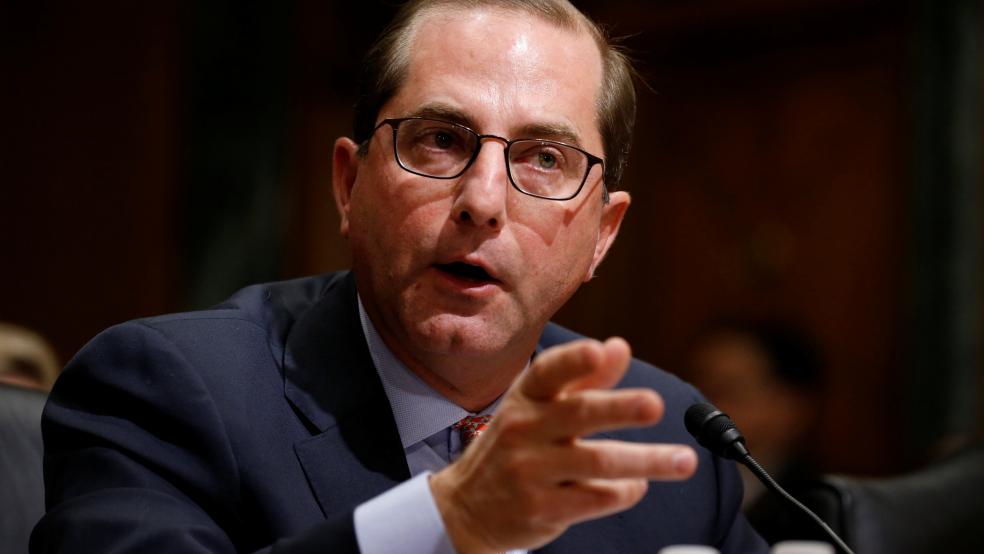The battle over high prescription drug prices, unsurprisingly, involves ample amounts of finger-pointing.
Drug manufacturers point to pharmacy benefit managers (PBMs), the powerful middlemen who administer drug coverage for insurers. The drugmakers argue that the industry practice of providing rebates to large PBMs forces them to raise list prices, and provides PBMs with a perverse incentive to favor pricier drugs in their formularies. They also charge that the PBMs pocket too much of the rebates to pad their profits, leaving consumers to pay higher prices.
PBMs counter that the drug makers are responsible for their high prices, and that there’s no correlation between rebates and rising prices. They say their purpose is to drive down prices for their clients, and they can point to research that shows that most of the money spent on pharmaceuticals in the U.S. goes to the drug makers.
As that blame-the-other-guy battle drags on, the Trump administration has targeted PBMs and rebates as a key part of its blueprint to lower drug costs. “We’re very much eliminating the middlemen,” President Trump said in announcing the blueprint back in May. And the Department of Health and Human Services last month proposed regulations to crack down on rebates.
While the PBM industry has challenged that regulatory move, arguing that eliminating rebates would have to be done via congressional legislation, in an interview with Reuters on Friday, Health and Human Services Secretary Alex Azar, a former executive at drugmaker Eli Lilly, said that eliminating rebates was within his agency’s power. “The question of rebates may very well be fundamental to the issue of how you reverse these constant incentives to higher list prices (for medicines),” Azar told Reuters. But, Yasmeen Abutaleb writes, “He did not say when such new regulations, which are being reviewed by the Office of Management and Budget, might take effect.”





